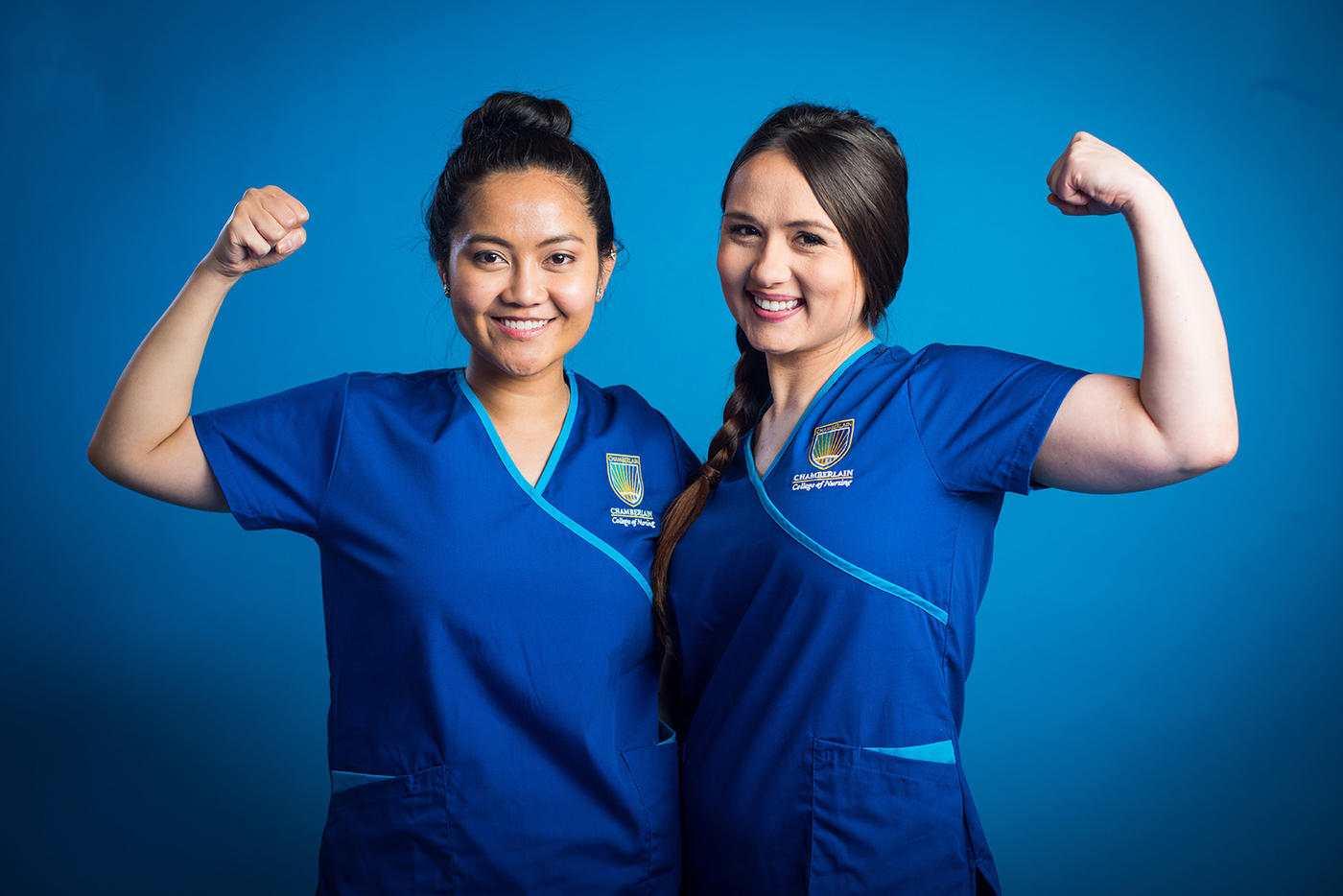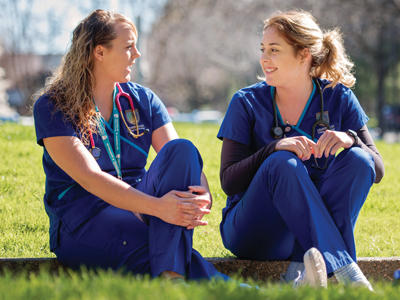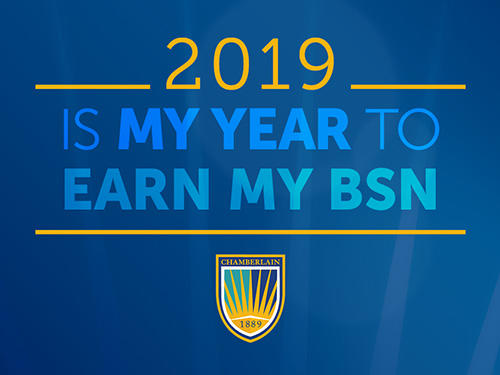Featured
Tags
Share
- Home / Blog / Care For You / Where in the World Is Professor Lennie Davis?
Where in the World Is Professor Lennie Davis?
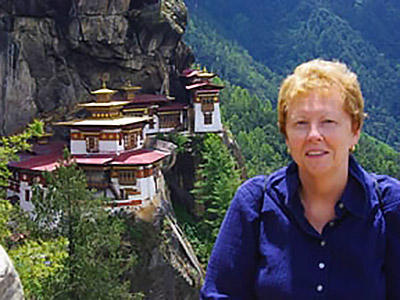
When you’re enrolled in an online course, you could have classmates all around the country. If you’re taking a class led by Lennie Davis, MSN, MS, RN, NEA-BC, CNE, there’s no saying where your professor could be.
A professor in the RN to BSN option at Chamberlain College of Nursing, Lennie has visited over 70 countries and taught from a number of them.
The flexibility of her job as an online educator allows her to travel while working. In turn, her travel and experiences help her to provide a unique perspective to her students on the intersection of culture and healthcare.
Lennie caught the travel bug right around the same time she became a nurse.
“The fall after I finished nursing school, I went to Germany to visit a friend. That was in 1971, and I’ve been hooked on travel ever since.”
During her 40+ years in nursing practice and administration, she squeezed in trips during her vacation. Since becoming a full-time online professor at Chamberlain in 2010, combining work and travel has become easier.
A lot of that has to do with the flexibility of her job. Her responsibilities as an online nursing educator include grading assignments, participating in discussion threads, answering student emails, completing her own projects, interviewing potential adjunct faculty and participating in committees and meetings with her colleagues. Except for the occasional in-person meeting or conference, all of these tasks are done remotely via phone or Internet.
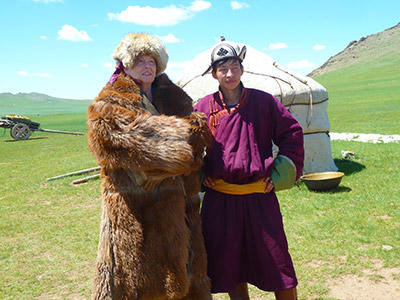
With advance planning and approval from her dean and program director, Lennie takes “remote” to a whole other level.
She has taught her online courses from a number of different countries, including Greece, Iceland, Indonesia, Brazil, China and Nepal. The most remote place from which she’s posted in a course discussion thread: Easter Island, some 2,000 miles off the coast of Chile.
In order to work from another country, Lennie brings along her laptop, headset and two adapters/converters. A reliable, high-quality Internet connection is paramount. A Skype account allows her to make international phone calls inexpensively. To stay focused and maintain a sense of “work,” she seeks out accommodations that have a desk and chair.
“Even though I’m in another country, it’s very much like working from home,” she said. “And just like if I were home, I must meet my metrics for quality and quantity. I still have to participate in meetings, for example. Sometimes that means getting up in the middle of the night.”
She also stays responsive to her students’ needs, whether by email or on the discussion boards – a factor that recently led to her being honored with the DAISY Faculty Award, which recognizes nursing faculty for their commitment and inspirational influence on their students.
When she’s traveling, Lennie still puts in a full week’s work, but there can be some flexibility in the timing, especially if there’s a difference in the time zone.
Wherever she goes, however, she does more than see the sights. She makes the point to participate in cultural activities and talk to locals about their lives and, specifically, their healthcare experiences. She shares that insight with her students in NR-391 Transcultural Nursing, a two-hour elective course that she developed for the RN to BSN program.
Transcultural nursing is a specialty that pulls in elements of anthropology. It focuses on providing culturally competent care, where a patient’s cultural values are understood and serve as the basis for care.
“Transcultural nursing is about being open to patients of all cultural backgrounds,” she explained. “This is becoming very important as the United States becomes more and more diverse.”
During the course, students perform a transcultural nursing assessment on an individual from a culture that is different from that of the nurse’s.
“Many nurses have worked with a foreign-born doctor or nurse for 20 years but don’t know anything about that person’s culture. The course gives them an ‘excuse’ to ask questions and to learn.”
A recent redesign of the course includes photos and audio from Lennie’s many travels at the beginning of each week’s lesson. Topics include childbirth, childcare, women and work, and practices related to death and dying.
As she adds more stamps to her passport, Lennie is grateful for the unique opportunity she has to make a difference while doing something she loves.
By Ryan Segovich
More from Care For You
Request More Information
To receive the Chamberlain University Program Guide, including associated career paths, please select a program of study.





